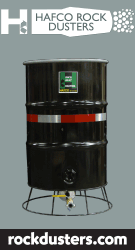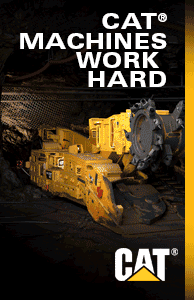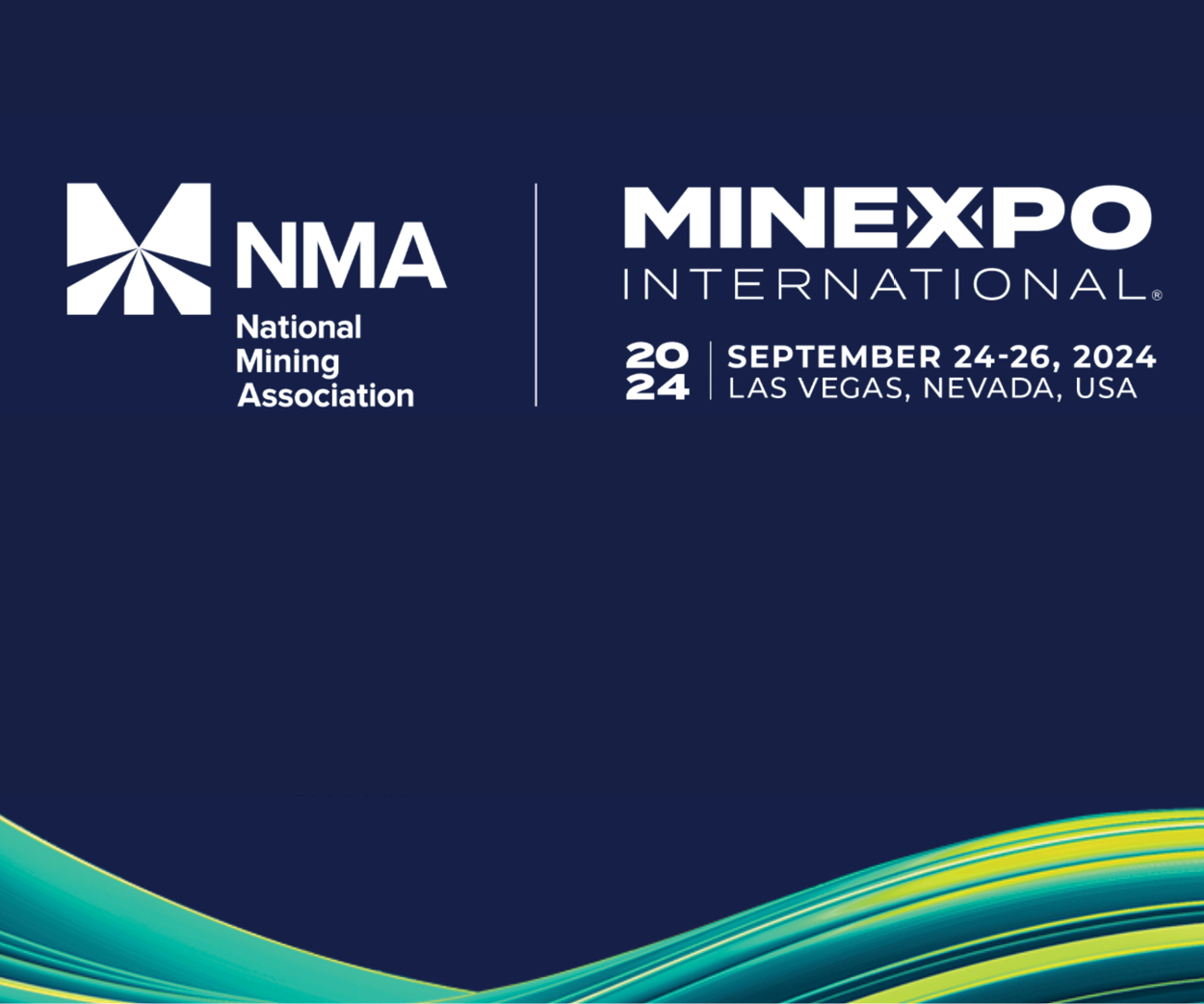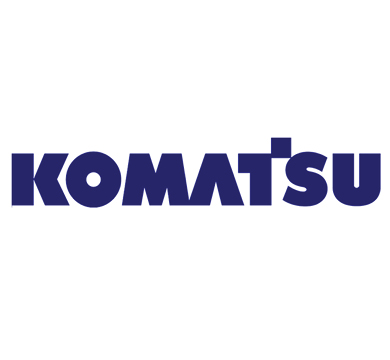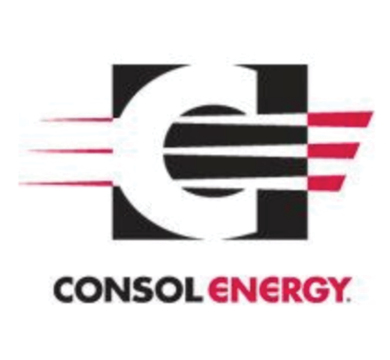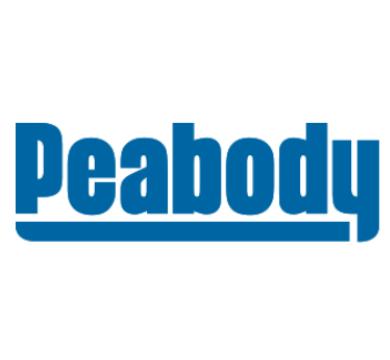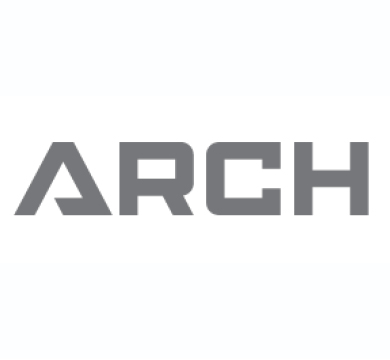Montana’s Mining Industry Outraising Conservation Groups in Ballot Initiative Fight
Opponents of a ballot initiative meant to strengthen mining regulations have raised more money than the initiative’s supporters have so far, according to Montana Commissioner of Political Practices records.
State campaign finance records show Stop I-186 to Protect Miners and Jobs has raised more than $760,000 in its bid to convince voters to oppose the ballot initiative that would require state environmental officials to block any future mines with cleanup plans that include perpetual water treatment.
That puts the group ahead of the initiative’s backers, a coalition of conservation groups called Yes for Responsible Mining. Campaign finance records show Yes for Responsible Mining has raised nearly $580,000 to help them garner support for the measure, which they say is necessary to prevent long-term pollution from closed mines.
The difference between the two sides is shown by the donor list for the two campaigns — the mining industry on one side, conservation on the other.
“They’re corporate money and we are primarily conservation groups and individual Montanans,” said David Brooks, executive director of Montana Trout Unlimited and a leader of Yes for Responsible Mining.
Dave Galt, executive director of Stop I-186, said in an email that the supporters’ funding comes from “environmental activists” who don’t understand the balance between mining and environmental protection.
“These activists don’t care about the thousands of Montanans who depend on our mining industry and the jobs it creates,” Galt said.
If passed, I-186 would force the Montana Department of Environmental Quality to deny mine permits unless companies provide “clear and convincing evidence” the mine won’t require perpetual water treatment after operations are over.
Supporters point to past operations that required long-term treatment of water polluted by heavy metals after closure, such as the Zortman and Landusky mines in north-central Montana.
They proposed it at a time when a handful of mining companies are eyeballing the state, including Sandfire Resources America, which is trying to permit a new mine in Meagher County near a tributary of the famous Smith River.
Representatives of the mining industry, though, say the state’s regulations are already stringent enough. They also worry it would stall future investment in the state.
The push against the initiative is largely funded by the mining industry. Most of the money for the Stop I-186 committee so far has come from three separate donations of $250,000 from the Montana Mining Association — one injection in June and two more in July.
The mining association represents companies across the state, and its campaign finance records show that it received $796,000 in June from Sandfire Resources America, Hecla Mining Company and Barrick Golden Sunlight Mine.
Stop I-186 also received $10,000 from BNSF Railpac, a political action committee associated with BNSF Railway.
Yes for Responsible Mining received a number of small contributions from individuals from Montana but has also received many from out-of-staters. It has also pulled in larger contributions from conservation groups and individual Trout Unlimited chapters.
One individual, David Leuschen, donated $100,000. Leuschen’s foundation originally donated the money in May, but Brooks said they returned that contribution because Leuschen wanted the money to come from him personally, not his foundation.
Stop I-186 has also outspent the initiative’s backers so far — $590,871 to $382,169 — and more spending is to come. It has managed to make their yard signs relatively common, but it’s also reserved airtime on satellite and broadcast TV stations for the run-up to the election, according to records from the Federal Communications Commission.
Supporters’ efforts have been slightly different from their opponents so far. Representatives have been meeting with civic organizations around the state. They also purchased airtime on an FM radio station in Missoula late last month.
Brooks said they haven’t made yard signs so far but may in the future. They will buy more ads, but they don’t expect to keep pace with the mining industry.
“We’re going to be grossly outspent on this,” he said.
Source: Bozeman Daily Chronicle
Be in-the-know when you’re on-the-go!
FREE eNews delivery service to your email twice-weekly. With a focus on lead-driven news, our news service will help you develop new business contacts on an on-going basis.
CLICK HERE to register your email address.








